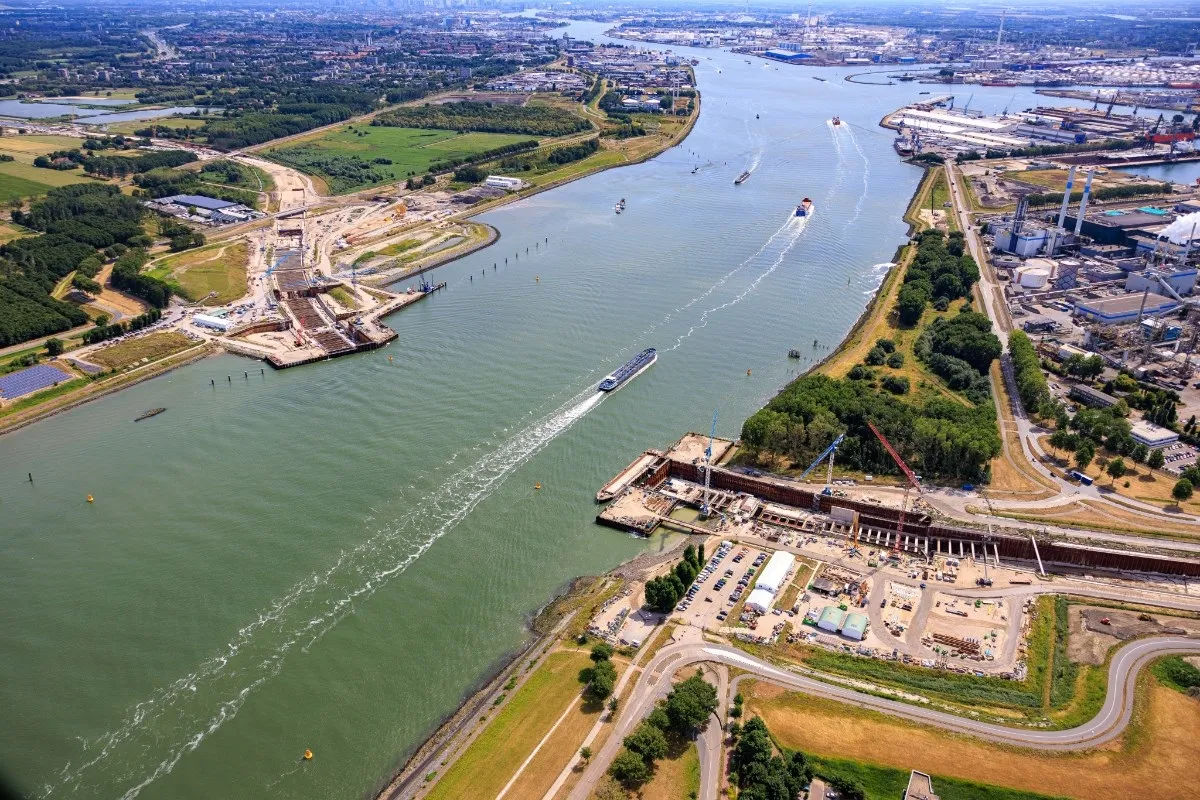108 Q-Free has received an order, valued at approximately US$26.5 million, from the Portuguese road operator Ascendi for a major infrastructure project in Portugal. The contract comprises supply of multi-lane free-flow tolling stations and operational back office for the concessions Beiras Litoral e Alta and Interior Norte. This contract follows a successful implementation of a similar tolling system during 2009 for the same client.
Ascendi currently operates seven concessions and is responsible for more than 1,300 kms of motorways and roads in Portugal.
"The Portuguese market continues to be important for the company, and we are specifically pleased that we once again have been selected as Ascendi's partner for advanced fully automated tolling systems," Øyvind Isaksen, Q-Free CEO commented.








